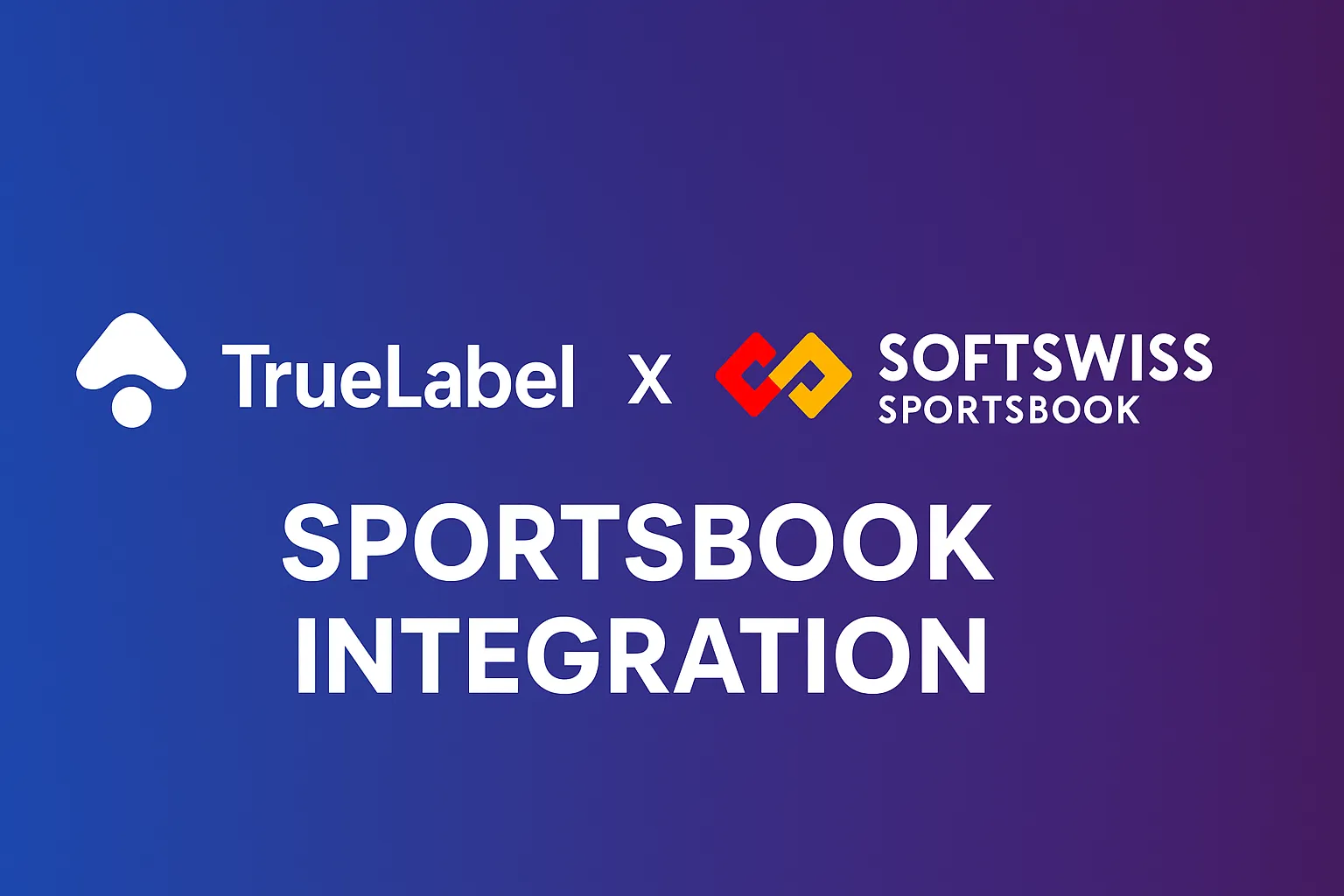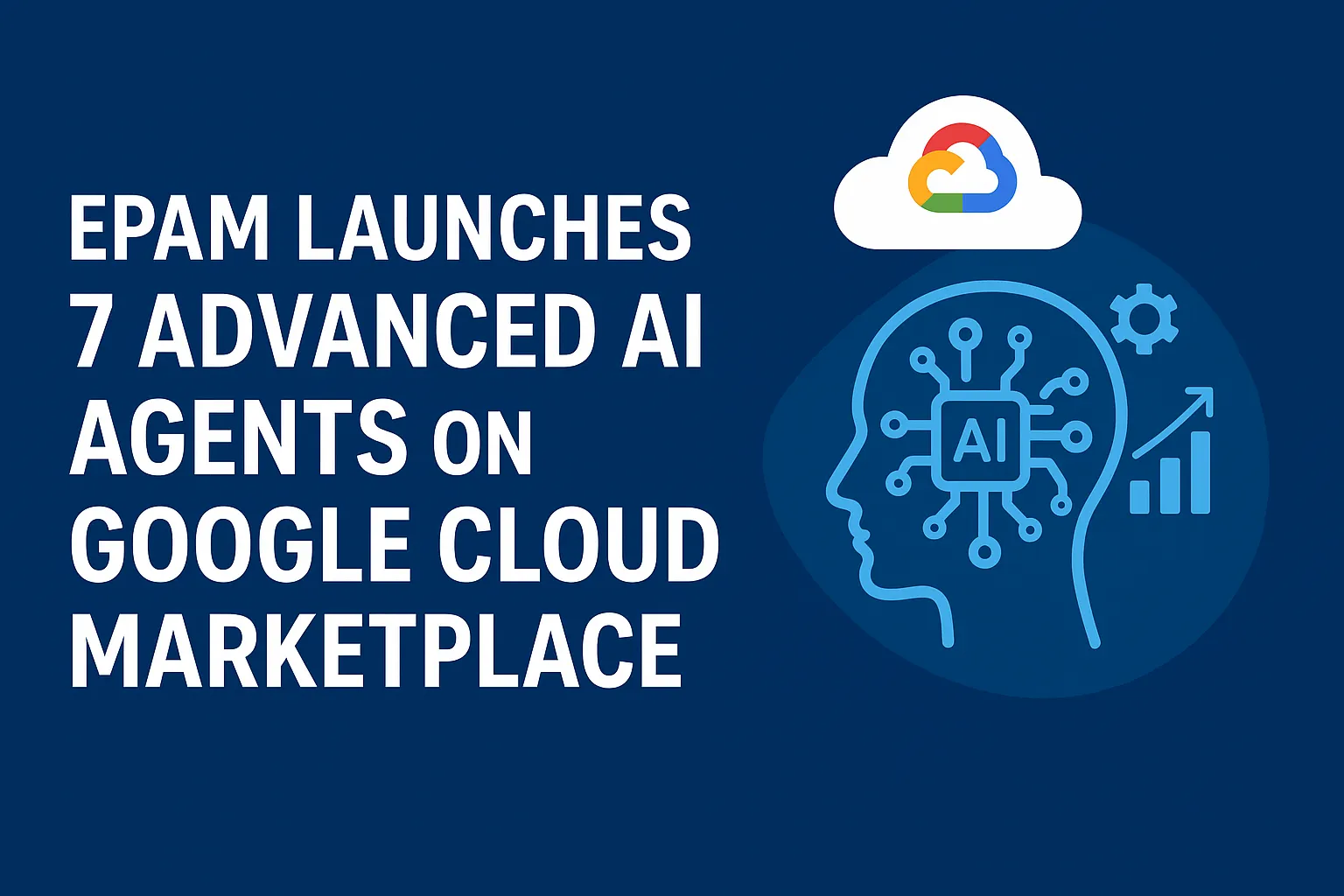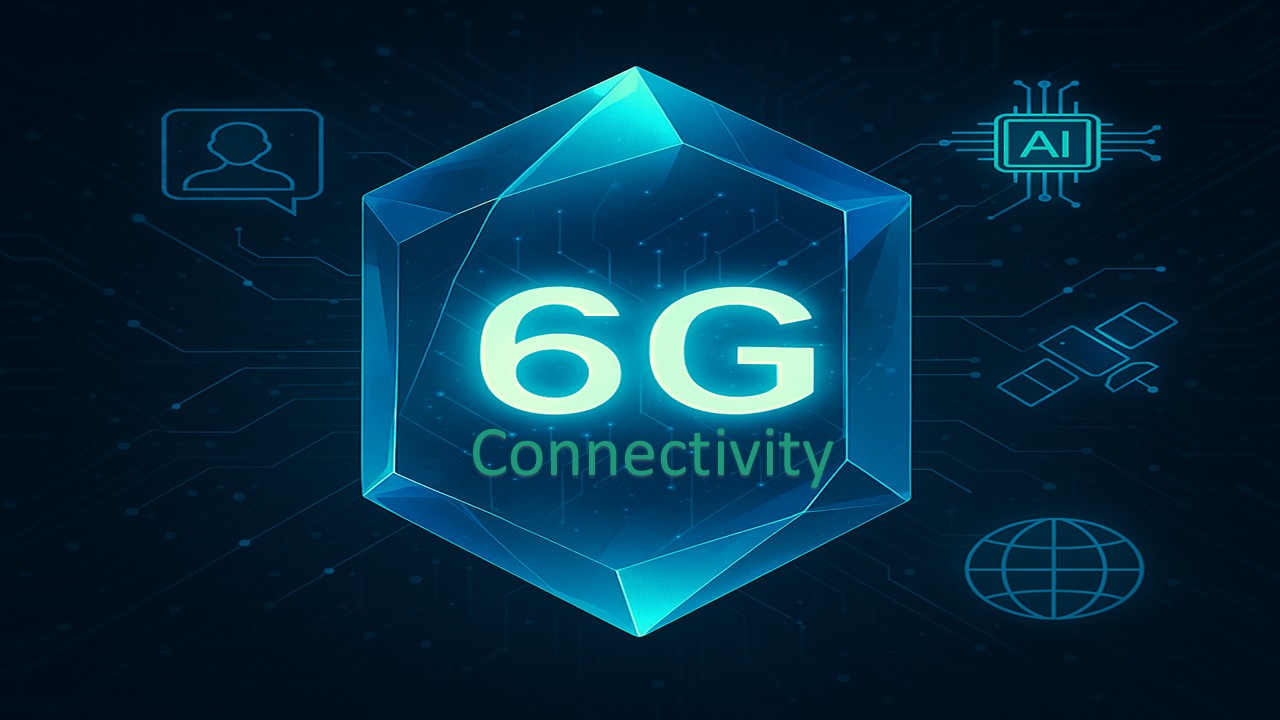
हिंदी में पढ़ने के लिए मेनू बार से हिंदी भाषा चयन करें।
Introduction
India’s call center industry—once seen as a booming source of employment and economic growth—is now entering a new era of automation. Artificial Intelligence (AI) is rapidly changing how Business Process Outsourcing (BPO) services operate. From real-time voice modulation to AI-powered customer support assistants, the Indian BPO landscape is being reshaped at an unprecedented pace.
But what does this transformation mean for the millions of workers employed in the sector? Is this change an opportunity or a threat?
Let’s explore the full picture.
AI Adoption in Indian Call Centers
AI adoption in BPOs is not a future possibility anymore—it’s a current reality. Many Indian call centers are already integrating technologies like:
- Real-Time Accent Alteration: Software now helps agents sound neutral or Westernized by altering their voice as they speak, reducing the need for months of accent training.
- AI Co-Pilot Systems: These provide live suggestions to agents during calls, recommend responses, display customer history instantly, and detect customer mood based on tone.
- Chatbots & Voicebots: AI bots are handling common queries, booking requests, and even complaint redressals without human intervention.
- Speech Analytics & Emotion Detection: Advanced tools can now identify frustration or satisfaction in a caller’s tone, helping improve call quality and reduce escalations.
Why the Shift?
1. Cost Efficiency
AI tools help reduce training costs and speed up call resolutions. One AI-enabled agent can do the job of 2-3 traditionally trained agents.
2. Consistency & Accuracy
AI reduces human errors, ensures the same quality of service across calls, and helps companies maintain higher CSAT (Customer Satisfaction) scores.
3. Global Competition
With rising labor costs in India and growing automation in the West, Indian BPOs must innovate to stay globally competitive.
Impact on Workers
1. Fewer Entry-Level Jobs
Routine and low-skill jobs are the first to be automated. Basic voice processes are increasingly being handled by bots, reducing the demand for freshers.
2. Skill Shift
The nature of call center jobs is changing. Agents now need digital literacy, basic data analysis knowledge, and adaptability to work with AI tools.
3. Job Stress & Surveillance
With emotion-tracking tools and real-time performance monitoring, some employees feel under constant pressure.
4. Rise of “Human + AI” Roles
Instead of replacing workers, AI is often being used to assist them—helping agents become more productive and reduce burnout.
Opportunities Emerging from AI
While automation may reduce certain roles, it also opens new doors:
- AI Trainers: Humans are needed to train AI models with voice samples, regional language data, and tone variations.
- Data Analysts: Interpreting customer trends from AI-generated insights is a growing job profile.
- Ethical Auditors: Monitoring AI usage to prevent bias, ensure privacy, and meet global regulations.
- IT & Maintenance Roles: Supporting AI infrastructure requires skilled personnel, opening up backend tech job opportunities.
Case Study: A BPO in Bengaluru
One mid-size call center in Bengaluru adopted a U.S.-based AI voice tech system in late 2024. Within six months:
- Average call duration dropped by 35%
- Complaint resolution time fell by 40%
- Agent training period reduced from 4 weeks to 7 days
Interestingly, while they reduced new hiring by 25%, the existing staff received upskilling and internal promotions for AI-support roles.
This shows how companies can balance automation and employment.
Government & Policy View
India’s government is also recognizing this trend. The National Policy on AI, launched by NITI Aayog, encourages ethical AI use and aims to train 1 million youth in AI-related skills.
Schemes like Skill India and Digital India are already offering short-term courses for BPO workers to transition to tech-assisted roles.
Challenges Ahead
Despite the potential, the road isn’t smooth:
- Digital Divide: Smaller cities may lag in AI adoption due to infrastructure issues.
- Privacy Concerns: Real-time voice tracking and emotion analytics raise serious data privacy questions.
- Job Loss Fear: Lack of awareness creates panic among employees, leading to low morale.
What Should BPO Employees Do?
To remain relevant in the AI-driven BPO world, workers must:
✅ Learn basic AI and machine learning concepts
✅ Improve digital and communication skills
✅ Take up short online courses in data analytics and customer service tools
✅ Focus on adaptability and emotional intelligence—skills AI can’t replace easily
AI is not the end of call center jobs—it’s the evolution of them.
Rather than replacing humans entirely, AI in India’s BPO sector is augmenting human abilities. Employees who adapt, upskill, and embrace AI as a collaborator rather than a competitor will thrive in this new environment.
This shift is a wake-up call for companies, employees, and policymakers alike—to ensure that the future of work is not only efficient but also inclusive and humane.
📌 Source:
- Washington Post
- Times of India
- NITI Aayog (India AI policy)




































































